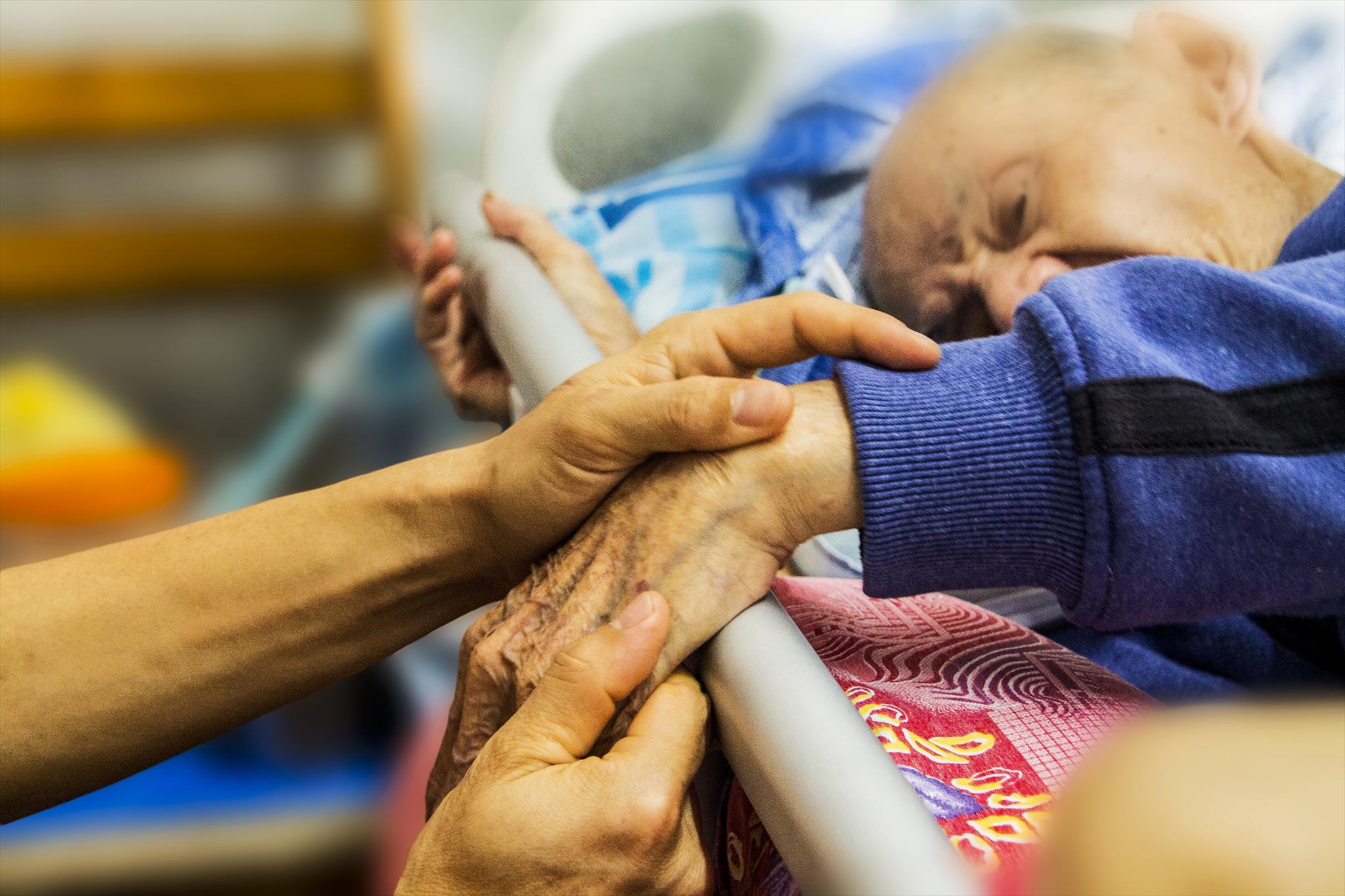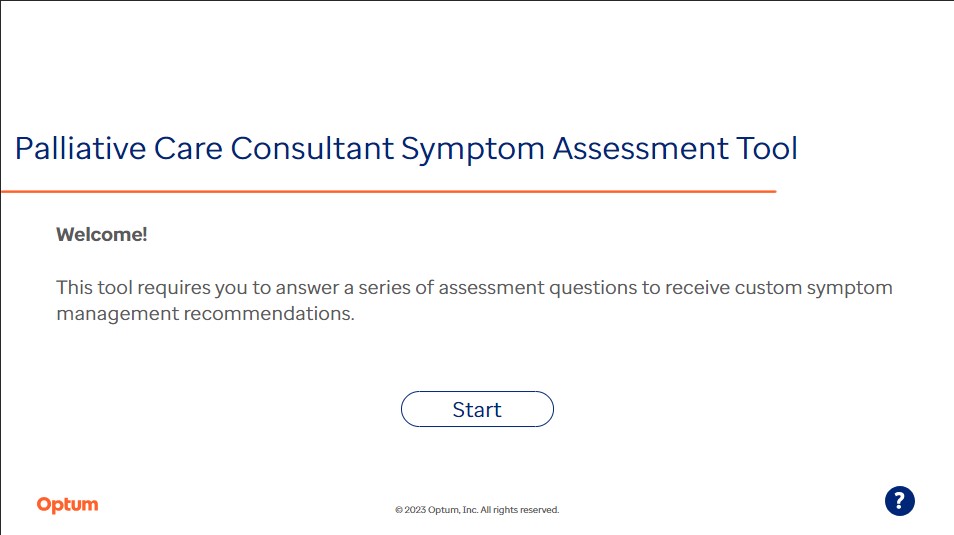Optum Hospice Pharmacy Services eLearning
-
-
Collection of handouts to be used with the Foundations in Nursing course. Each module has a corresponding handout.
-
Site announcements
Skip course categories
Course categories
Skip available courses
Available courses

This course covers core competencies for hospice nurses.
- Introduction to Hospice & Palliative Care
- Medicare Hospice Benefit
- Subcutaneous Access Devices
- What to Expect - Last Days
- Pain and Symptom Management
- Essential Medications
test for OHAC module
test module for symptom management addition
testing smaller segments
Testing Analgesics sub-module of Essential Meds
test

MHB for Beginners provides an overview of the Medicare Hospice Benefit. You will learn basic regulatory requirements that guide hospice patient care. Each of the MHB sub-parts are explained with extra attention given to
- Conditions of Participation
- Guidelines for Hospice Eligibility
- Hospice Benefit Election
- Duration of Hospice Benefit
A final Knowledge Assessment Quiz is required for completion.
Estimated time to complete: 45 minutes

Patients receiving hospice care frequently require medication management of both chronic conditions and symptoms associated with end-stage disease. Common symptoms at end-of-life include pain, dyspnea, anxiety, agitation, constipation, nausea and vomiting. This module provides a focused overview of the 5 most commonly used comfort care medications to achieve symptom management in the dying patient.
· Identify comfort care medications for end-of-life symptom management
· Recognize initial dose of medications for the management of symptoms.
· Discuss adverse effects, monitoring parameters, and drug interactions of common end-of-life medications.
Estimated time to complete: 30 minutes
Module complements material in the Essential Medications: A Comprehensive Review module

Patients receiving hospice care frequently require medication management of both chronic conditions and symptoms associated with end-stage disease. Common symptoms at end-of-life include pain, dyspnea, anxiety, agitation, constipation, nausea and vomiting. This module will review rationale for selection of essential medications used at the end of life to achieve symptom management.
- Identify appropriate medications for end-of-life symptom management
- Recognize initial dose of medications for the management of symptoms.
- Discuss adverse effects, monitoring parameters, and drug interactions of common end-of-life medications.
Estimated time to complete: 120 minutes
Module may be completed in multiple sessions

In hospice care, nursing symptom assessment is a critical skill to develop and maintain. This module
- Covers validated methods for evaluating end-of-life symptoms
- Defines barriers to conducting comprehensive symptom assessment
- Outlines steps and timelines for initiating symptom management interventions
A final Knowledge Assessment Quiz is required for completion.
Estimated time to complete: 30 minutes

Recognizing that a patient’s death is approaching guides treatment strategies that alleviate the patient’s symptoms and aligns with their chosen goals of care. Early recognition of the dying process also allows the patient and family to act on any remaining wishes. Regardless of the terminal diagnosis, signs and symptoms associated with imminent death often share common presentations. Clinician knowledge of these indicators is paramount to recognizing impending death and allows the interdisciplinary team to plan for nursing and social work visits in the last week of life. This module reviews
- Symptoms associated with the dying patient
- Assessment parameters and treatment options for symptoms of imminent death
- Strategies to improve interdisciplinary team care during the final days and hours of a patient's life.
A final Knowledge Assessment Quiz is required for completion.
Estimated time to complete: 45 minutes

While somewhat uncommon in general nursing practice, subcutaneous (SQ) route of medication administration is often used in hospice care. SQ access provides appropriate management of symptoms for patient who are unable to take medications through other routes of administration. This course will provide you with an overview of nursing care of patients with SQ access devices in the home setting. Additionally, a discussion of complications that may occur with SQ devices is included.
A final Knowledge Assessment Quiz is required for completion.
Estimated time to compete: 30 minutes

This self-directed reading module
- Provides a brief history of hospice care
- Explains the differences between hospice and palliative care
- Reviews demographics for hospice patients and hospice nurses
- Understand the various roles of the nurse in hospice from Admission Nurse to Case Manager to IPU Nurse.
A final Knowledge Assessment Quiz is required for completion.
Estimated time to complete: 30 minutes

